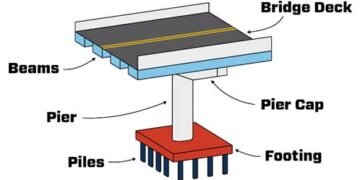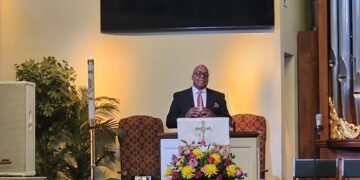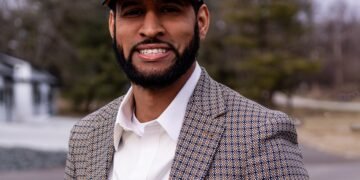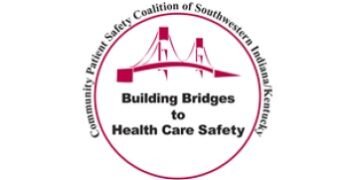Jenny always considered herself a “nervous” person. She would start to shake and be fearful when voices were raised, even if it was people cheering at a ballgame. She was easily startled and had panic attacks. She felt there were times when she was not mentally present. She believed these were just tendencies she was born with and nothing she could control. Then she heard a podcast about Trauma Informed Care and started to think that maybe her nervousness came as a reaction to something from her childhood.
What does it mean to experience trauma from a mental health standpoint? Judith Lewis Herman, author of Trauma and Recovery, defines trauma as when an event causes an overwhelming sense of helplessness in a person. She says the prime characteristic of a traumatic event is its power to cause helplessness and even terror. These traumatic events can overwhelm the ordinary systems of care that allow a person to have a sense of control, connection and meaning. The severity of traumatic events cannot be measured in any single dimension.
Trauma Informed Care (TIC) is an approach for helping those who experience trauma. Interacting with trauma victims does not begin with the question of “What is wrong with you?,” but rather “What has happened to you?” This takes away the victim’s feeling of being at fault or not good enough and puts the focus on the past event. TIC is important in all professions, and training is being held at schools and medical facilities, and with mental health workers.
Because care providers wanted to learn more about trauma, the Adverse Childhood Experiences (ACES) study, conducted by an insurance company and doctors at Kaiser Permanente Hospital, occurred in California in 1997 with over 17,000 participants involved. This study revealed that people who experienced mental health trauma under the age of 18 were more likely to have physical health issues as an adult.
The study consisted of ten questions dealing with abuse, neglect and household dysfunction. One point is scored for each yes answer. Questions may be about experiencing or witnessing violence, addiction, mental health issues, hunger and security issues as a child. Researchers learned physical illness is directly related to childhood trauma.
Childhood trauma is particularly important because children do not fully develop their full “logic brain,” or frontal lobe, until their mid-20s. The perception of a childhood event becomes very emotional and stays that way in a person’s memory. Thinking of this event later in life can trigger the same heightened emotional response that occurred as a child, which can lead to the kind of response that Jenny had.
A person with an ACES score of 4 or more has a 17% chance of experiencing heart disease as an adult, compared to those having an ACES score or 0 or 1 who only have a 3% chance of heart disease. In fact, a person who had an ACES score of 8 or more lives 20 years less than the average person.
If childhood trauma can lead to such shocking results in people’s lives, what can be done about it? Thankfully there are also studies on best ways to counteract trauma.
Jenny did research and talked to her doctor. She was referred to a therapist to help her sort through what happened to her as a child and process the trauma.
Had someone used TIC when Jenny was a child, her healing could have occurred earlier. Building resilience in children includes developing positive relationships, having a role model, learning to self-regulate emotions and establishing confidence and a positive outlook.
Adults who develop resilience may prioritize self-care, exercise and utilize social support systems and calming techniques, such as taking breaks, deep breathing, yoga or meditation.
Today Jenny can control her panic when she’s around crowds. She feels present. She is happier and more content. By addressing trauma’s effects on her, she can recognize her reactions and better control her anxiety. Her quality of life is higher by learning to become resilient.
Tammy Sutton is a licensed clinical social worker with 12 years of experience and is also the executive director of Audubon Kids Zone.





















